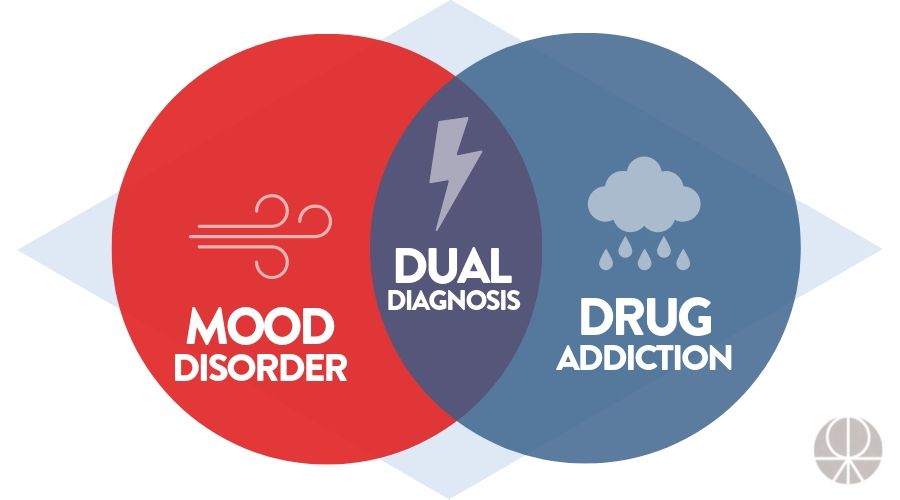Mindfulness in Treatment: Getting to Know Yourself
Mindfulness in Treatment: Getting to Know Yourself
The other area that’s important that’s come into the treatment field, when we’re looking at kind of how to recover and become whole and become healthy, is what I would say the Eastern practices and I’ll lose the categorize them as mindfulness and of yoga.
Mindfulness is around intention and attention.
If I meet somebody who’s suffering from addiction, demoralized, who’s ashamed, has some traumas in their background, often they’ll be sitting in my office, and you can kind of tell the level of trauma by body posture, and eye contact, and their ability to stay connected and intentional and paying attention in the interpersonal relationship.
The first thing that I have to do with this person is I’ve got to figure out how to help them feel safe.
That’s the beginning. You build on that a little at a time in relationship with them and groups and individual work in casual kind of covert, nurturing and caring in the hallway, this kind of thing.
Then eventually, when somebody is kind of here and they’re awake, that can take two, three months to blossom and start to change.
This is a great sign when their affect changes.
Then work on the directing people’s attention and having people being mindful of the things that they’re engaged in that’s right in front of them.
That goes to a very subtle level, eye contact, of focus, of being aware of what’s happening in my face and my shoulders, my neck and my back and that’s an endless route, both recovery and growth and wellness.
You can move deeper and deeper into the mindfulness attention and intention, by knowing what’s happening inside of your mind.
Not just of what’s happening outside of me, but what’s happening in the dark, creepy recesses of my unconscious mind. The whole thing about recovery to me is to help people to move deeper into a process and become deeper people.
Get addicted to getting to know myself and working on myself
Not just me, but working on myself in relationship to all the people that I care about, to understand myself in the context of my work.
That’s the “Wow. How can I be a better husband? How can I be a better father? How can I have a meaningful role in my work? How can I make a difference?”
That kind of thing and when you get a little bit obsessed and curious about that, then recovery is not that hard.
Then it’s this endless journey of getting to understand yourself, getting to understand the world, and interfacing with your reality in a way that’s meaningful, where you wake up and you look forward to it.
Those are like the deeper realms of recovery.
Getting to understand yourself schematically. How you process stress and all that stuff. And actually, it becomes fun. It doesn’t become this chore. Then it’s not about, you know, when can I leave treatment,. Then it’s about what are the other ways I can get to know myself and I can get to grow learn to change.
Schedule a 30-min consultation with Yeshaia
Schedule Free ConsultationSchedule Free Consultation
We are Rooted in the Foundation of the 12-Steps and Believe in Long-Term Care
[/vc_column_text][/vc_column][/vc_row]
